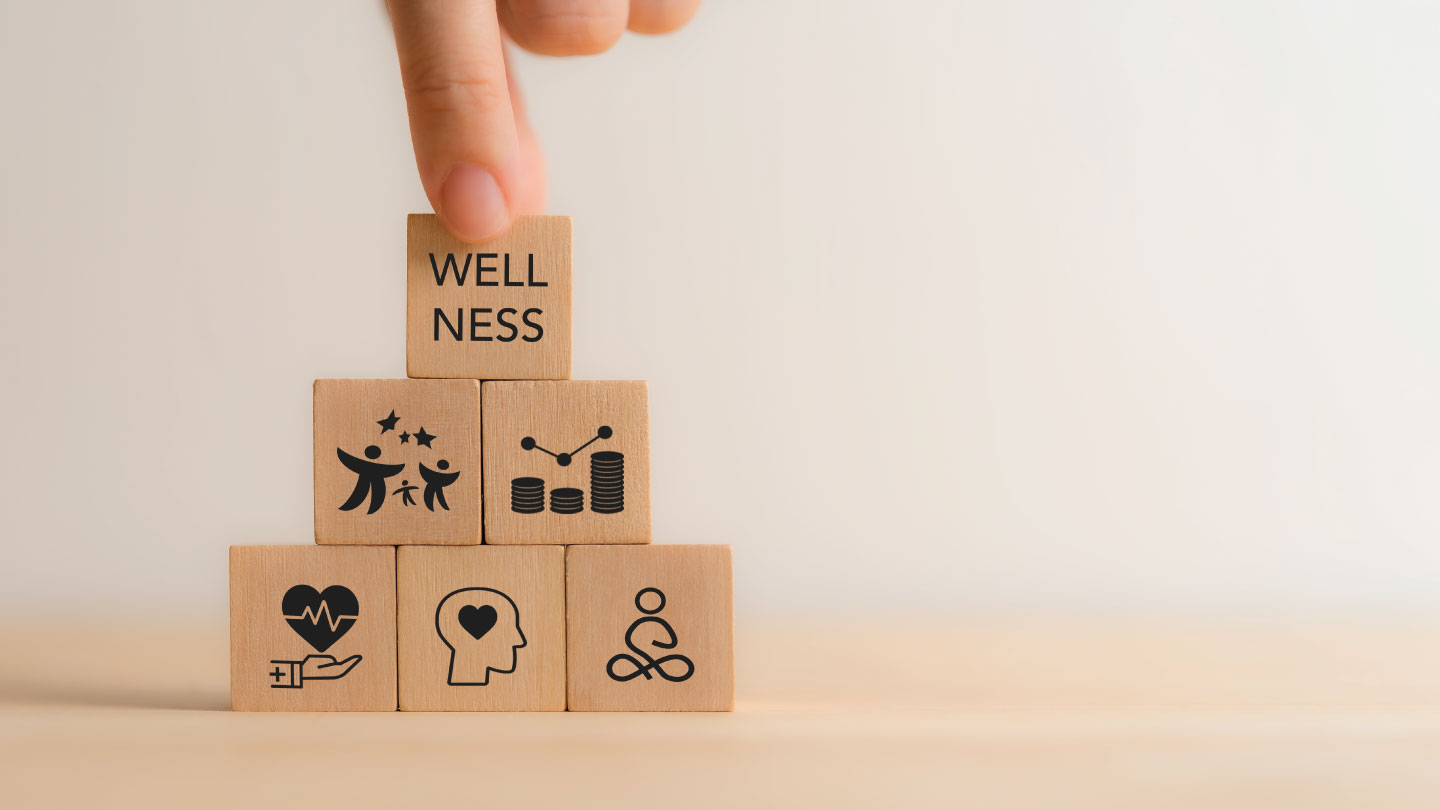Corporate Wellness
Night Shift Blues? Here’s How to Reset Your Clock
You’ve worked through the night, and the sun’s already up. Here’s a realistic plan to reclaim your energy, sleep better, and keep your health intact.

If you’ve ever stumbled out of work at dawn, wondering why you feel wired and wiped out at the same time, you’re not imagining it. A night shift throws your circadian rhythm, the internal clock that manages sleep, hormones and metabolism, completely out of sync. Daytime sleep is shorter and lighter, and your hunger and mood signals drift too. Over time, that can mean fatigue, weight changes and mood swings. Knowing what’s happening inside your body makes the next steps much easier.
Ease Out of “Work Mode”
One mistake most of us make is heading straight from the buzz of work to bed. Cortisol and adrenaline are still high. Research published in Occupational and Environmental Medicine (2023) points out that a short transition ritual lowers stress and helps sleep onset.
Think of it as a mini-evening routine even though it’s morning: change into comfy clothes, dim the lights, take a warm shower, or stretch for five minutes. On your way home, sunglasses help reduce bright light that signals “wake up” to your brain.
Related story: 5 Ways Night-time Light Impacts Sleep
Make Daytime Sleep Count
You can’t just “catch up” on rest in a noisy, sunlit room. Blackout curtains, an eye mask and either earplugs or a white-noise app are small investments that pay off. Try to keep the same sleep window on days off as much as possible. Even a one-hour shift in bedtime can set your body clock back (University of St. Augustine for Health Sciences, 2024).
Cut caffeine at least four hours before bed and give screens a break for 20–30 minutes before trying to sleep. That short tech-free buffer often makes nodding off faster.
Related story: 3 Habits for Getting Better Sleep
Rethink Your Meals
Most of us grab whatever’s easy on night shifts, biscuits, vending-machine snacks, extra coffee. It works for a moment, but leaves you sluggish later. In the SWIFt Study (International Journal of Behavioural Nutrition and Physical Activity, 2025), night workers who planned simple, balanced snacks ahead of time stuck to healthier eating patterns and reported less fatigue.
Related story: Satisfy Your Midnight Craving With These Six Snack Ideas
A few practical swaps:
- Keep nuts or yoghurt in your bag instead of chips.
- Save a proper, protein-rich meal for when you wake up.
- Skip heavy, greasy food right before sleep to avoid heartburn.
- Hydrate steadily; mild dehydration magnifies tiredness.
Move a Little, Feel Better
After a night shift, you don’t need a gym session, but a short walk, some yoga or gentle stretching helps release tension. Exposure to daylight after you wake (not on the way home) is a proven way to shift your internal clock back toward normal.
Related story: The Many Powerful Benefits of Walking Every Day
Protect Your Mental Energy
Recovery isn’t only physical. Rotating or late hours chip away at mood and focus. Protecting your mental health is part of the job:
- Leave some “no-obligation” time before social plans.
- Jot down your energy levels and habits for a week to see what helps.
- Share tips with colleagues; most shift workers have discovered hacks that aren’t in textbooks.
If low mood or anxiety becomes persistent, check in with a healthcare professional. Shift work correlates with higher rates of depressive symptoms over time.
Related story: 5 Ways a Routine Benefits Your Mental Well-being
A Simple Post-Shift Blueprint
|
|
|
|
|
|
|
|
|
|
|
|
|
|
|
|
|
|
Hidden Costs and Risks
If night work is a regular part of your life, small structural choices matter. Clustering shifts rather than alternating them reduces the “jet-lag” effect. Keeping your bedroom consistently dark and cool builds a strong association with sleep. And regular check-ups help catch metabolic or cardiovascular issues early.
Related story: 7 Habits That Are Leaving You More Exhausted Than Your Work
Recovering from a night shift isn’t one magic trick. It’s about combining small, realistic actions; transition rituals, darker rooms, smarter meals, gentle movement and mental rest. Over time, these habits turn post-shift survival into something manageable. You’ll still be tired sometimes, but you’ll feel more like yourself.
Need all your wellness solutions in one place? A whole new world awaits just a click away.
EXPLORE MORE
Early health signals are warnings, not noise and they shape workforce outcomes. We must recognise these signals as strategic indicators of workforce well-being and long-term productivity.
Hybrid work promised flexibility and balance, but for many, it’s silently eroding the boundary between work and life. Burnout today isn’t just about doing more; it’s about being always on.
Tired of endless, aimless meetings? These five habits turn dull sessions into focused, energising discussions.
Feeling mentally drained and physically sluggish after a long week at work? This gentle weekend detox guide offers mindful breathing, mood-boosting foods, and reflective rituals to help 9–5 professionals reset without pressure.




.jpg)

.jpg)
